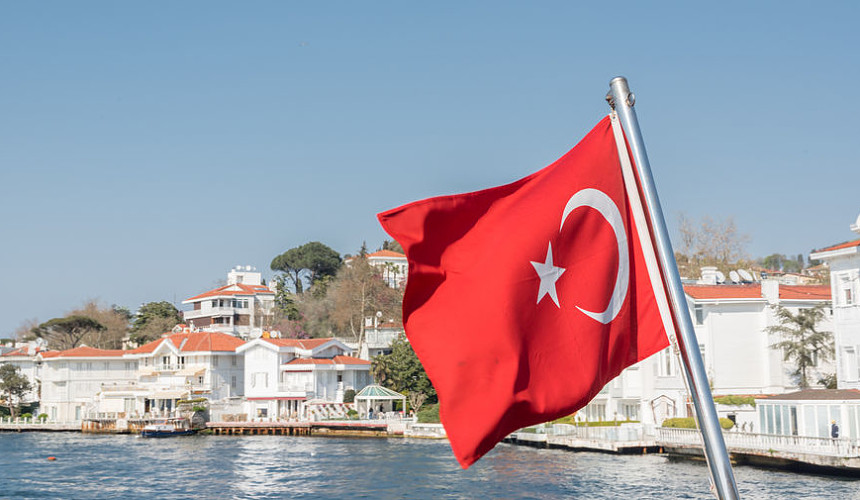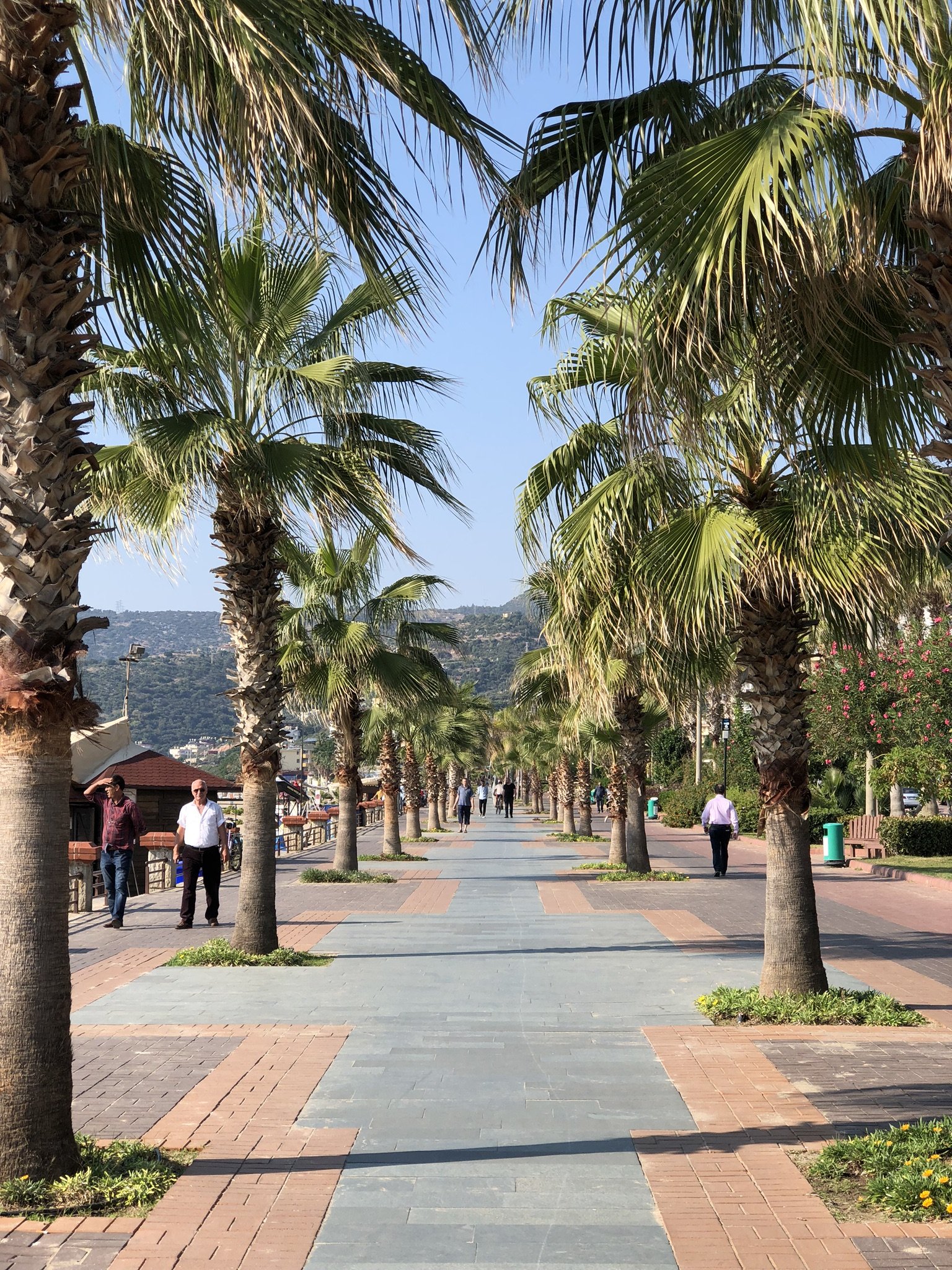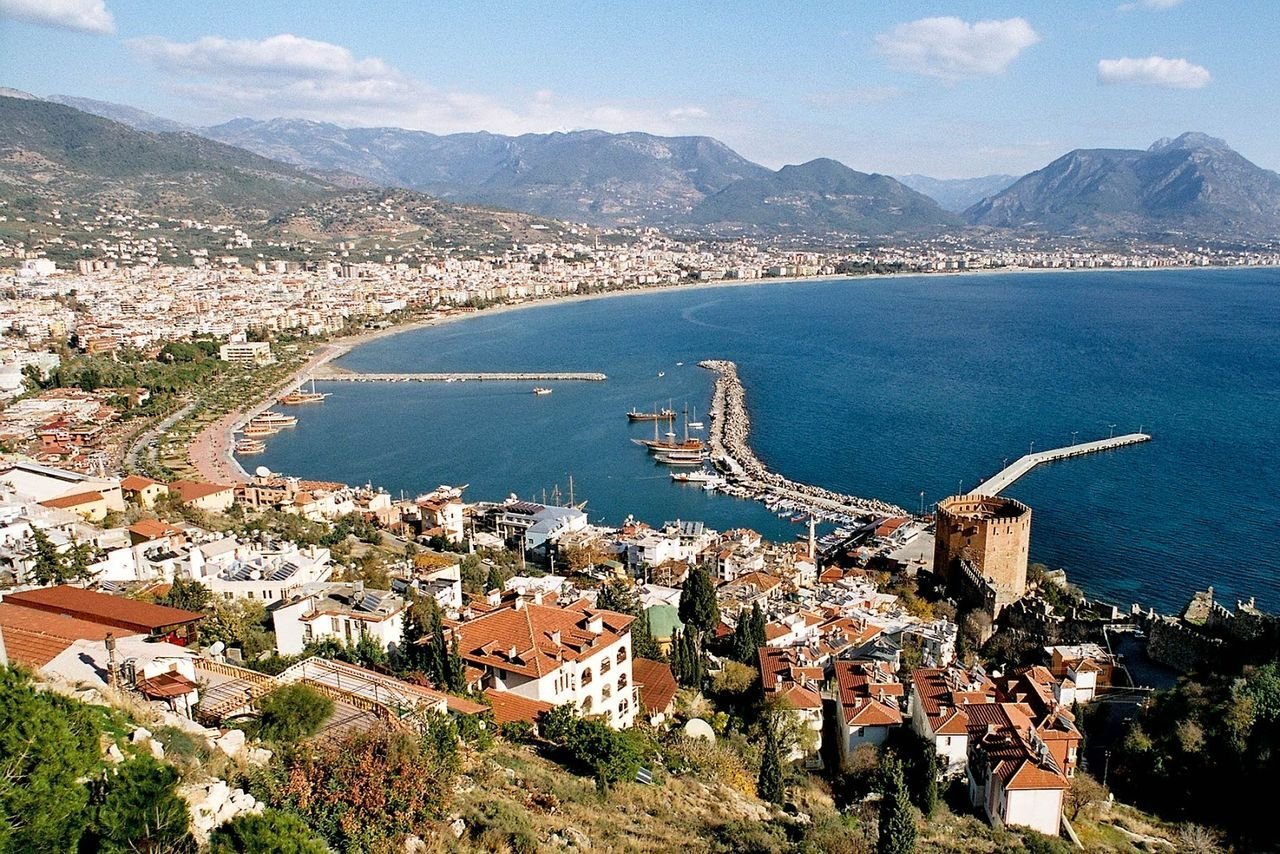
Utility payments in Turkey
Almost any foreigner can buy real estate in Turkey . Legal barriers are minimal. However, along with the purchase, an additional expense item automatically arises - utility bills. Today we will look at what their size is for each item and how this type of payment must be made. So, let's begin!
What do utility bills consist of?

Housing and communal services payments in Turkey include:
- Meter payments.
- Telephone, Internet, television.
- Aidat.
- Insurance policy.
Let's analyze each component separately. There will be no questions with the first: as a rule, these are ordinary payments for gas, water, electricity, heating. The second point is also familiar to us.
The third concept—aidat—implies payment for the maintenance of a residential complex. It is formed based on the payments of all residents in the complex. Funds collected in this way are used to maintain cleanliness in the courtyards, maintenance of such elements of housing infrastructure as elevators, CCTV cameras, etc.
If we talk about insurance, in Turkey all homeowners are required to take out an earthquake policy, which is called DASK. This makes it possible to provide owners with compensation in the event of an emergency for a relatively small amount.
Now let’s look at each expense item in more detail, and then compare the amount of utility bills per month with European countries.
Electricity
Turkey has a four-phase tariff schedule for electricity: morning, afternoon, evening and night. The meters are configured to automatically switch between these periods.
The cost per 1 kWh depends on the phase during which energy is consumed. The electricity tariff also depends on consumption: if it is less than 150 kWh, then the tariff will be approximately 0.11 euros per 1 kWh. If you consumed more than 150 kWh per month, you will have to pay 0.18 euros per 1 kWh. On average, the tariff is about 0.15 euros per 1 kWh.
Water supply
In the case of water, consumption limits also apply. For 1 cubic meter in Turkey you will pay on average from 7 to 10 liras (0.39-0.55 euros). Three types of taxes are added to your water bill:
- VAT.
- Wastewater tax.
- Solid Waste Tax.
Thus, if you add all these taxes to the cost of water, you will get a decent amount. Water is one of the most significant items in utility bills in Turkey. People try to save in every possible way, not even because of poverty, but because this country has a very developed culture of saving resources and using them rationally.

Gas
Connected gas is a rare occurrence in Turkey. Gas cylinders are more common, the cost of which is from 15 to 30 euros. Such cylinders are a more profitable option for gas consumption.
Heating
It can be said that there is no central heating system in Turkey. Very few houses are connected this way. Residents of Turkey install separate heating boilers that run on electricity or liquid fuel. You can also find familiar potbelly stoves.
In general, for the coast the heating problem is not relevant: a heater is enough. This is due to climatic conditions: winter in this area is quite mild. This method is safer and more environmentally friendly.
Telephone, television, Internet
Package solutions (combinations of Internet + television, Internet + telephone and others) are very popular in Turkey. It's profitable. Contracts are concluded for approximately 2 years. In total, you will pay approximately 30 euros per month for this expense item. The most reasonable solution is to familiarize yourself with the offers of various providers of these services, and then find a profitable option for yourself.
DASK insurance
As already mentioned, this insurance is mandatory for every homeowner. The cost is up to 150 euros per year. When buying an apartment, you need to spend from 100 to 200 euros to reissue an insurance policy.
Aidat
There is the following dependence: the more amenities, the higher the payment for idat. The amount of payments is determined at a meeting of residents of the complex or a separate house. On average, the fee for idat can range from 10 to 100 euros per month. Thanks to this tax, the infrastructure of each residential complex is in good condition. This system allows residents to see where the money they pay each month goes.
What happens for non-payment of bills?
Turkey is extremely strict about this. If the delay is more than 15 days, then the electricity and water will be turned off. You will need to pay a fee for reconnection. This procedure can take a long time. Pay your bills on time!
How to pay?
Payment of bills can be made in cash or by bank transfer (Mir system cards are also accepted). Online payment can be made through the bank’s mobile application or on the websites of electricity and water supply organizations.
Meter readings are taken automatically. This applies to both electricity and water supply. If in Russia the readings are recorded and sent by the person himself, then in Turkey all this happens automatically. Every month, each homeowner receives a receipt indicating the amount to be paid, the tariff and consumption standards.
Total amount of utilities per month

Thus, on average in Turkey, utility bills are about 100 euros. In Western European countries this expense item is higher. It is worth noting that Turkey has been in a phase of economic crisis for a long time, which was caused by the coronavirus pandemic and surges in resource prices. At the beginning of 2022, a decision was made to increase electricity tariffs. It was about 150%. But still, the tariff for electricity remains at an acceptable level when compared with the countries of the European Union.
Conclusion
Before you buy real estate in Turkey , you need to know that utility bills are an important expense item for every homeowner. In this matter, it is necessary to clearly understand how and within what time frames must be paid. Only in this case you will not have any problems with the law, and your life will remain comfortable. Thank you for your attention!
⠀




